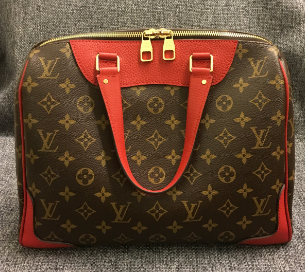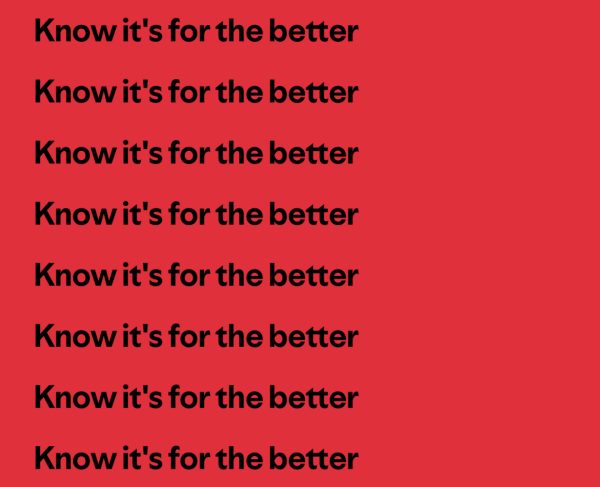Harmfulness of Labels

Labels, such as brand names, can be deceiving to the actual worth of the object.
What makes a sixty dollar, authentic, leather, french-made purse different from a six thousand dollar Louis Vuitton? Nothing, really. They can be made exactly the same: the leather from the same exact manufacturer, the sewing done by the same exact person with the same exact thread, and the style the same exact design. There is just one detail that causes the $5,940 difference: the “LV”s peppered across the leather.
Labels. It’s a marketing technique; a way to attract people to their product, to brainwash people to think that their product is the one with the highest quality and the prettiest designs.
The problem is not that many people buy brand-name products instead of more affordable ones. It is the importance and glorification that people give to labels and names, that in actuality are a human-made concept. It’s an imaginary concept that humans give power to, spend hundreds and thousands of dollars on, and put time and effort into.
Many people don’t realize it, but it’s something that a lot of people focus on, even teenagers. It doesn’t necessarily have to be a longing for fashion companies’ products. Ivy League colleges aren’t considered “brand names,” but if we really think about it, aren’t they? They’re colleges and universities just like all the others, but for some reason, going to Harvard automatically sounds better, makes you seem more intelligent, more so than the students who went to community college after high school. Sure, some Ivy Leagues do rank better in specific majors, like Brown University is the number one university for the Writing in the Disciplines major.
However, many other colleges and universities, some that their name is less frequently heard of, also rank high in certain majors. Accounting majors might rather attend University of Pennsylvania rather than the University of Texas at Austin, which ranks number one in Accounting.
So why would they rather go to UPenn that has a 9% acceptance rate than to the University of Texas at Austin which is easier to get into with a 32% acceptance rate? Why would they choose the school who ranks 9th in Accounting over the school that ranks #1? It’s because “the bigger school had the prestige, had the glitter, had the glamor, had the bragging rights,” said former Stanford admissions officer Jon Reider in Netflix’s Operation Varsity Blues: The College Admissions Officer. This “prestige” is enough for people to automatically shoot for Ivy Leagues without necessarily researching which school is truly best for them.
Surely, there can’t be any other reason to explain the loads and loads of stress that parents pile onto their children, or even the children pile onto themselves, to constantly study their seven AP courses, volunteer everyday of the week, and ace every test they take. All this time, stress, effort, to just say “I went to Harvard.” People’s first questions are no longer, “What are you going to major in when you go to college?” Instead, it’s “Where do you go to college?”
This focus diverts students from what they should really be focusing on. Ivy Leagues don’t automatically get people jobs or success. Instead of spending high school worrying about getting a specific amount of volunteer hours, joining ten different clubs, choosing a major that doesn’t interest them, and setting extremely high expectations they should be exploring, following what actually captures their interests, and finding a passion.
This pressure that schools, parents, and society puts on students to go to a college with “prestige” or a low acceptance rate is extremely harmful as it makes them focus on things that really don’t matter in the big scope of life. Today, it will be the students focusing on the “brand-named” school; tomorrow, it will be on brand-named accessories. The extra $5,940 for the Louis Vuitton bag does not make the leather bag any better, just like how the $59,985 tuition for Ivy Leagues does not necessarily mean that the school is any better than others.

Dream Destination? New York City
Something I'd tell my 10 year old self: Balance out the work and fun in your life.
Favorite Genre: Fantasy/Romance
What...












